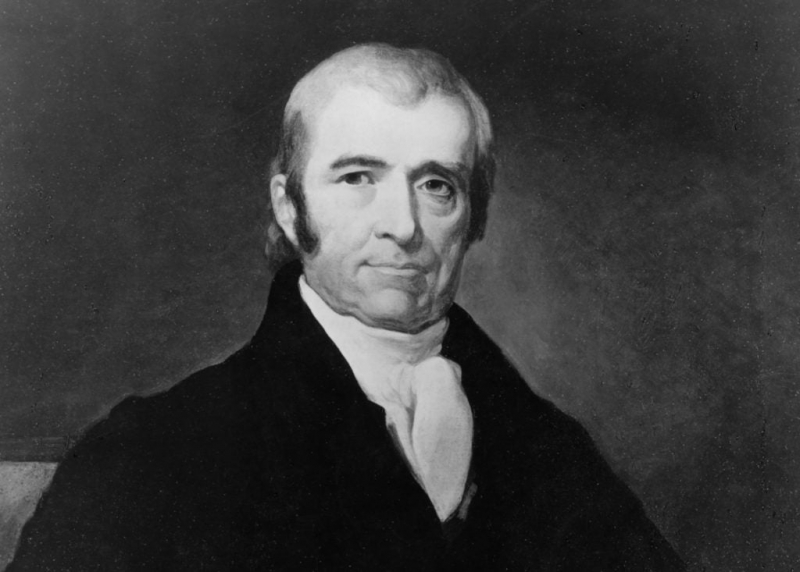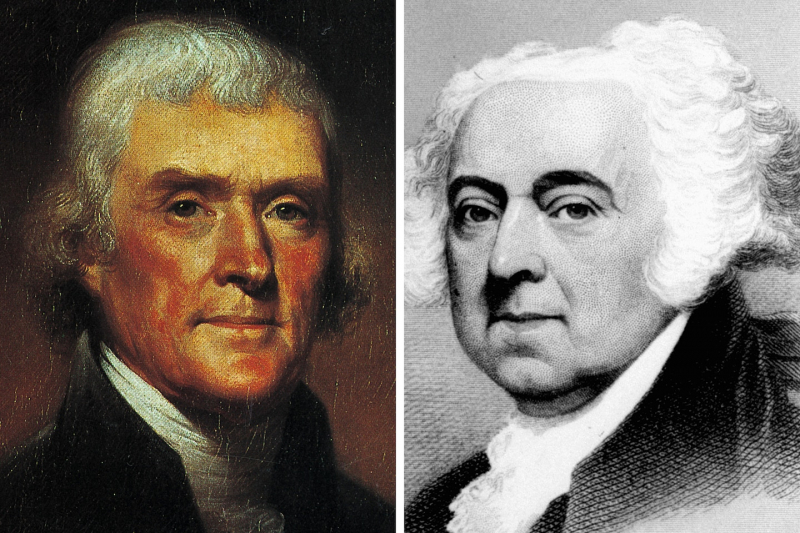John Marshall had a successful early political career
John Marshall had succeeded in American politics before being appointed Chief Justice of the United States. From 1782 to 1789, when he was re-elected and served a second term, he was a member of the Virginia House of Delegates. Additionally, he won a seat on the Council of State of the Virginia General Assembly. He was given the duty of voting to ratify or reject the principles of the United States Constitution as a delegate to the Virginia Convention in 1788, and he spearheaded the cause of ratification. He successfully defended Lord Fairfax's heirs in "Hite v. Fairfax," a crucial lawsuit involving a sizable parcel of property, in 1786. In addition, he took part in the Ware v. Hylton case. After being named secretary of state by President John Adams, he briefly served in the US House of Representatives in 1799.
On January 27, 1801, the Senate approved John Marshall's appointment as chief justice; on January 31, 1801, he was given his commission. He presided over the landmark "Marbury v. Madison" decision in 1803, which established the framework for judicial review. He presided over what became known as "the Burr trial" in 1807, in which former vice president Aaron Burr was accused of "grave misdemeanor" and "treason." The jury, in this case, found Burr, the defendant, not guilty.
One of his most famous cases, "McCulloch v. Maryland," in which Maryland was barred from collecting taxes, was presided over by him in 1819. He presided over the ‘Cohens v. Virginia' case in 1821. This case was instrumental in establishing parameters for resolving conflicts between local and state laws.










